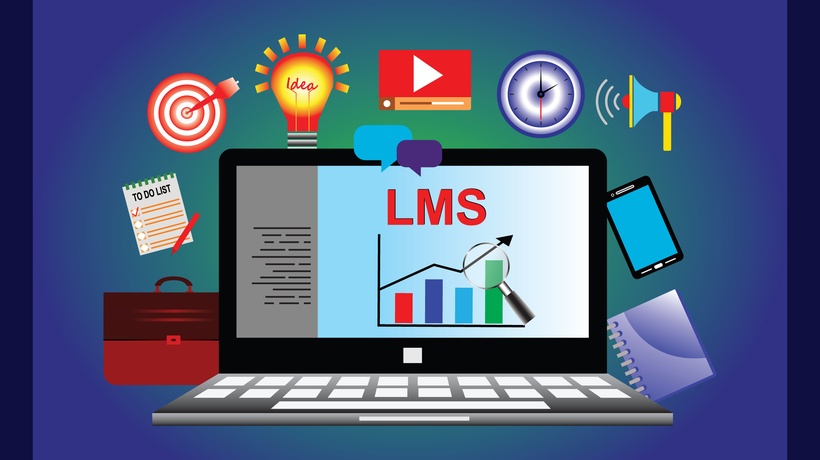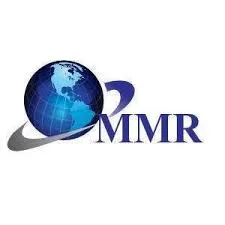SALE ▶▶ SALE ▶▶ SALE ▶▶ GRAB YOUR DEAL TODAY:- ...
Read More

.BEYOND BLOGGING
GET STARTED NOWAre You Ready?

Focus on creating a blog , that is great for your readers.
Don't focus on a great blog.
Click HereRecent Posts
Laser Eye Lifts in Riyadh:
Understanding Laser Eye Lifts What is a Laser Eye Lift?...
Read MoreSodium Hypophosphite Market Growth Factors,
The Insight Partners latest offering, titled “Sodium Hypophosphite Market Size...
Read MoreScience Assignment Help Australia Top
In the bustling academic landscape of Australia, students constantly face...
Read MoreTruck Rack Market Report Reviews
Truck Rack Market Overview Maximise Market Research is a business consultancy...
Read MoreUnveiling typically the Draw from
In your ever-evolving situation from handheld activities, over the...
Read MoreFuture Prospects and Opportunities in
Global Aircraft Thrust Reverser Market Overview Maximize Market Research is a Business...
Read MoreBudesonide Inhalers Market Analysis, Size,
The “Budesonide Inhalers Market Share, Size, and Trends | 2031”...
Read MoreDesign
A Sneak Peak Into Our Exclusive Articles
Premium content written by highly experienced authors.





Our Categories

Business

Digital marketing

Finance

Review

Technology

Web development
Popular Posts
NSE5_FAZ-7.2 Exam Preparation, Study Guide,
In the world of cybersecurity, Fortinet’s Network Security Expert (NSE)...
Read MoreBeer Processing Market Size, Future
Beer Processing Market Overview: The Beer Processing Market is valued at around...
Read MoreCell Therapy Market Regional Analysis
The Insight Partners Announces release of latest market assessment- Global Cell Therapy...
Read MoreIGBT and Super Junction MOSFET
IGBT and Super Junction MOSFET Market size was US$ 8.68 Bn in...
Read MoreKraft Paper Market Future Forecast
Kraft Paper Industry Bounces Back Post-Pandemic, Eyes Sustainable Growth Consumer Trends...
Read MoreWhy Must You Hire Professional
We are living in the 4th industrial revolution and that...
Read MoreAsia Pacific LED Lighting Market Dynamics
LED Lighting Market Overview In today’s rapidly advancing technological landscape,...
Read MoreVideo as a service Industry
The latest report published by Fortune Business Insights states that...
Read MoreOur Services

Search engine optimization
SEO services optimize websites for better visibility and ranking on search engines to increase organic traffic and improve online presence.

social media optimization
Social media optimization services enhance a company's social media presence through strategies such as content creation, engagement, and audience targeting.

Paid advertisement
Paid advertisement services involve managing and running paid advertising campaigns across various platforms to increase visibility and drive targeted traffic.

web application development
Web application development involves the creation and implementation of interactive software applications that run on web browsers or mobile devices.

LMS development
LMS website development involves the creation of a website specifically designed to host and deliver online educational content through a Learning Management System.

Ecommerce development
Ecommerce website development involves creating an online platform where businesses can sell products or services directly to customers over the internet.

Data Entry
Data entry services are commonly outsourced by businesses to save time and resources, allowing them to focus on core activities. It is essential to maintain.

App development
App development services involve the creation and development of mobile applications for various platforms, such as iOS (iPhone/iPad) and Android devices.

graphic designing
Graphic design services encompass a wide range of creative solutions to visually communicate messages and enhance brand identity.
















